
Photo used for indicative purpose only
Shimla, Sept 12
The demand to demolish the illegal construction at the Sanjauli mosque, which has now escalated into protests led by Hindu nationalist groups, raises the question of its potential political consequences. The issue has become a matter of significant analysis, as Shimla has a long history of illegal constructions. The numerous retention policies introduced over the years to legalize such constructions—nine times to be exact—are evidence of this ongoing problem. Despite these efforts, thousands of illegal structures have come under the scrutiny of the High Court. However, illegal constructions have rarely sparked such protests before.
For instance, when illegalities were pointed out in the construction of a temple in New Shimla, the court’s comments did not provoke any harsh reactions. Even in the recent months, Himachalscape had brought forth another illegal temple construction being done at Shiv Bauri Summerhill where landslide claimed 20 lives last year. However no such outrage was noted due to these revelations.
Moreover it is evident that illegal construction has flourished under both Congress and BJP governments, and even during the tenure of the CPM, which held the positions of Mayor and Deputy Mayor in Shimla Municipal Corporation. This widespread and bipartisan neglect makes the recent public outrage over the illegal construction at the Sanjauli mosque appear to have deeper, perhaps politically motivated roots, beyond the obvious issue at hand.
The timing of this public outrage is also noteworthy, coinciding with the state government’s written disclosure of its financial crisis on the floor of the assembly. Although the government later downplayed the crisis, the revelation was already on record, giving way to a political storm. Around the same time, a minor altercation between some individuals led to one person being injured. The police registered a case and arrested some people, but the mosque construction was not initially a factor in this altercation. However, the protests that followed soon turned the illegal construction at the mosque into a central issue, pitting leaders from both the ruling and opposition parties against each other. Even leaders from within the ruling party, including an MLA and a minister, began speaking in different tones on the matter.
The debate soon extended beyond the Sanjauli mosque, with discussions emerging about the extent of Waqf Board land across Shimla and the number of mosques in different districts of Himachal Pradesh. Lists were released in an attempt to suggest that the spread of a particular religion was being systematically planned in the state. The issue of street vendors in Shimla was also raised, with the state assembly forming a committee to draft a policy for them. The demand to demolish the illegal construction at the Sanjauli mosque thus evolved into a broader discussion on street vendors, but illegal constructions as a whole were not a focus. There were even rumors in the assembly about the presence of Bangladeshis and Rohingya Muslims in Shimla, and a statement from prominent Muslim leader Asaduddin Owaisi added fuel to the fire. The issue also spread to Mandi, where allegations of illegal construction at a mosque surfaced. It has come to light that illegal construction at the Sanjauli mosque has been ongoing since 2007-08, during which both Congress and BJP held power in the state. Even the Shimla Municipal Corporation was under the control of both parties at different times, and complaints regarding the mosque’s illegal construction have been pending for years.
In essence, both Congress and the BJP bear equal responsibility for the illegalities in question. Given this reality, why has this particular illegal construction case been thrust onto the national stage as a major issue? The case is currently being heard in the municipal commissioner’s court and could take a long time to reach the Supreme Court. If the mosque is demolished by a mob, bypassing the judicial process, the political consequences could be severe. While the financial crisis discussions have temporarily receded into the background under the shadow of this controversy, the situation has raised serious questions for Congress leadership. Even the government’s silence on the list of mosques in the state adds to the growing doubts and speculations surrounding the issue.
The Sanjauli mosque controversy is, therefore, not merely a matter of illegal construction but a politically charged issue with far-reaching implications. If this is allowed to escalate without judicial oversight, the political fallout could be dangerous and long-lasting.

The HimachalScape Bureau comprises seasoned journalists from Himachal Pradesh with over 25 years of experience in leading media conglomerates such as The Times of India and United News of India. Known for their in-depth regional insights, the team brings credible, research-driven, and balanced reportage on Himachal’s socio-political and developmental landscape.

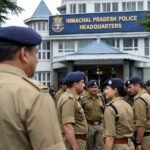

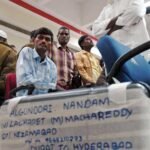

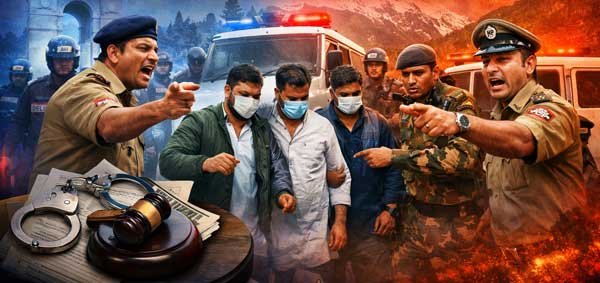
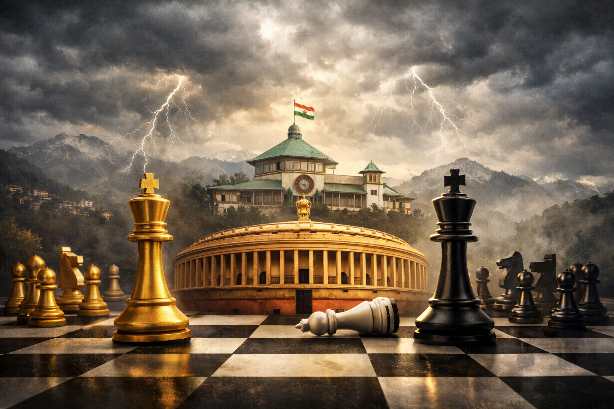
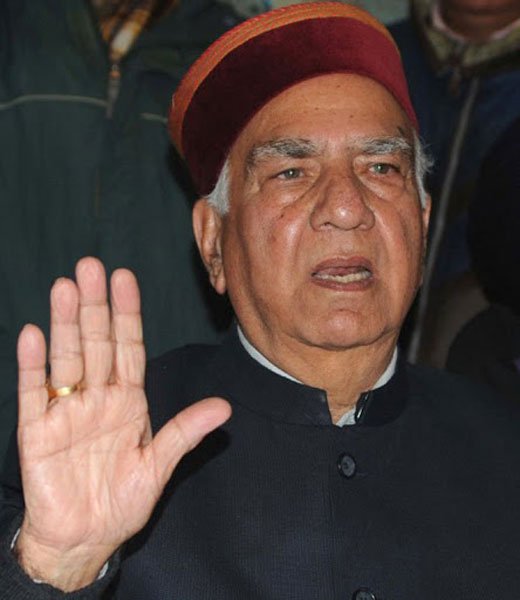



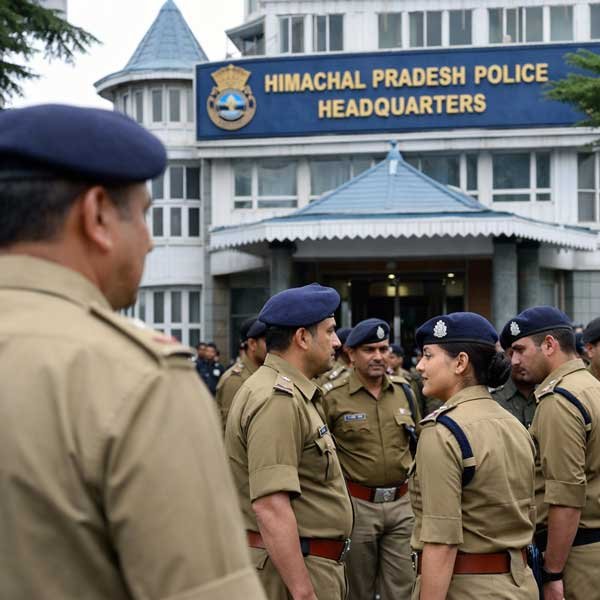

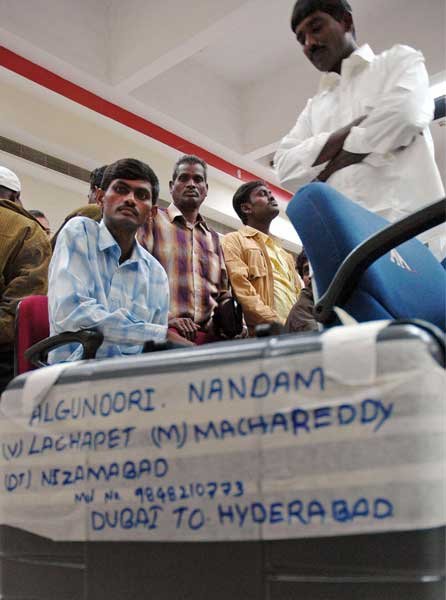
1 thought on “Shimla Mosque controversy- A Political consequence of ignoring illegalities?”